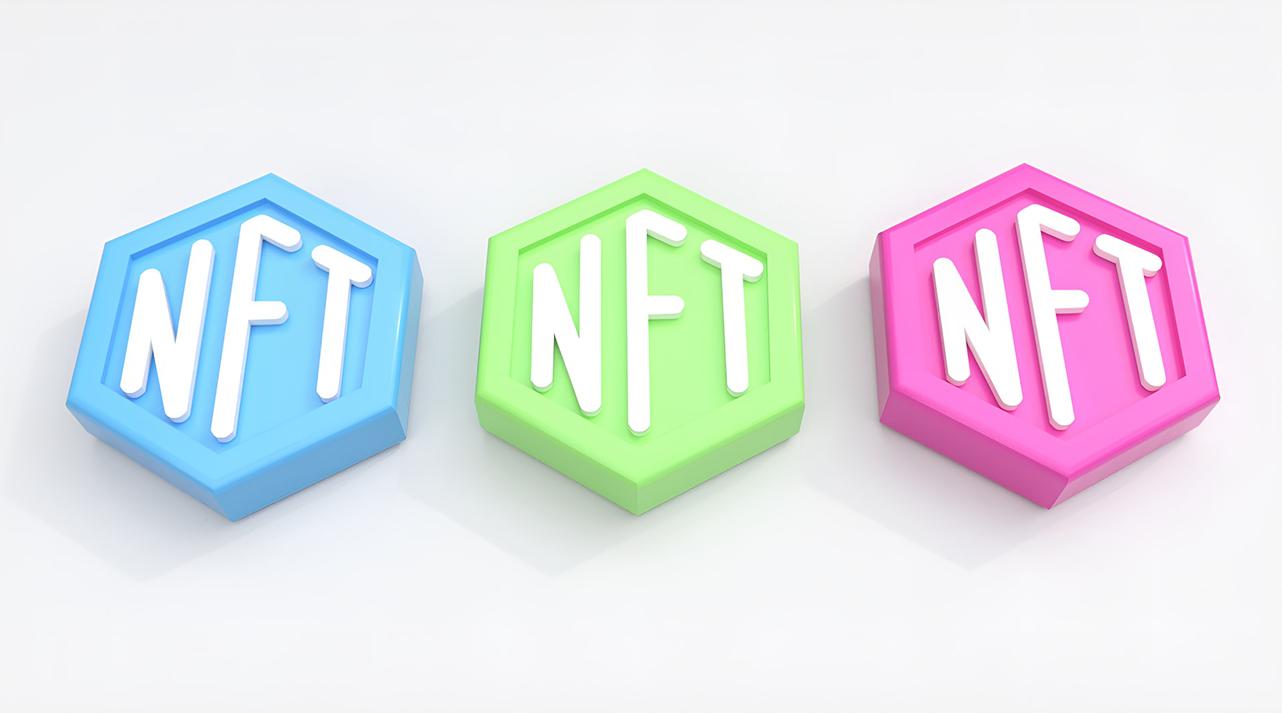The tremendous increase in NFT creation, collection, and sales over the past few years has led to a rise in NFT scams designed to separate investors from their cash or digital currency.
According to Fortune, the NFT market surged by 21,000 percent in 2021, reaching $17.6 billion in sales.
Typically, NFTs placed in cold wallets, digital wallets that may be unplugged from the cloud for optimal protection, are protected from theft and hackers. However, there are numerous NFT crypto frauds and numerous methods hackers use to profit from the NFT trend.
Understanding and avoiding the most prevalent NFT frauds might assist you in protecting your money. It would be best if you kept in mind that NFTs remain highly speculative investments. You could lose money on your investment if you acquire a valid NFT and keep it safe from fraudsters.
Most Common NFT Scams
Here are the eight most prevalent NFT scams:
- Rug Pull
- Airdrop
- Investing
- Bait Switch
- Pump Dump
- Counterfeits
- Hacking
- Phishing
Rug Pull: Sale of Counterfeit NFTs
NFTs exist in the digital realm, which means they are not tangible “real” objects. And this makes it considerably more straightforward for individuals to construct fraudulent NFT projects and sell worthless digital assets.
In a “rug pull” fraud, hackers advertise an NFT enterprise on social media, make false claims regarding earnings and value, and then vanish like stagecoach robbers in the Old West. The NFT’s value will collapse, and scammers frequently make it impossible to sell.
How To Stay Away From This Scam
Avoid purchasing NFTs from unheard-of organizations or investment firms to avoid a rug-pulling scam. Examine controlled exchanges such as Binance, Coinbase, and FTX for new projects.
It is also prudent to adhere to the proverb, “If something seems too good to be true, it probably is.”
Airdrop: Free NFTs Promised
If you’ve ever seen tweets from somebody pretending to be Elon Musk or another prominent figure and promised free cryptocurrency, you’ve witnessed an “Airdrop” crypto fraud. With promises of free, high-value NFTs, the same frauds are perpetrated today.
The con artist will request your digital wallet details to deposit your free NFT but will take your information, hack into your wallet, and steal any cash, cryptocurrencies, or NFTs already in your account.
How To Prevent This Scam
Buy and sell non-fungible tokens and cryptocurrencies only through reputable exchanges, and store your holdings in a hosted wallet. Apps like Coinbase are responsible for keeping your investment secure and are insured against hackers.
Keep your crypto wallet password and private key secure, just as you would never share your banking password with anyone. To deposit to your wallet, senders need your public key. If you have disclosed your password to a third party, Coinbase is not liable for any losses.
Consider employing an offline-capable hardware wallet to protect your crypto and non-fungible token investments.
Financial Fraud
The only difference between an investor or investment fraud and a Rug Pull scam is that the alleged developers of an NFT firm have a respected name.
Recently, a group of cybercriminals formed the Evil Apes project as part of the legitimate Evolved Apes community, as reported by Vice. Evil Apes fled with $2,7 million in investor funds before vanishing. On the other hand, the Evolved Apes community decided to make the best of a problematic situation by launching a new initiative dubbed “Fight Back Apes.”
How To Prevent This Scam
Since investment fraudsters pose as real developers and investment businesses, it is more difficult to identify them. According to an Evolved Apes investor identified as Mike Crypto bull, conducting your research is the best course of action in this situation.
Don’t overlook red flags. If something appears “odd,” it is most likely so. Moreover, in an interview with Vice, he stressed, “[D]o not invest more than you can afford to lose.”
Bidding Based on Deception
Similar to artwork, toys, and other collectibles, NFTs are often obtained through auction. In a bidding scam, the fraudster is the buyer; someone is attempting to sell an NFT, but the scammer pays for it with a less valuable cryptocurrency.
How To Prevent This Scam
When selling an NFT, adhere to the original terms of the transaction. Before accepting payment, you should verify that the transaction matches the terms of the agreement. And be informed of the market worth of cryptocurrencies to prevent being duped.
Pump N Dump
This stock-market-based scam has become one of the most prevalent crypto NFT scams. In a pump-and-dump scheme, a single investor or group will purchase a significant quantity of cryptocurrency or NFTs from a specific game or artist. Consequently, the value rises.
Others who are privy to the strategy will then sell their NFTs simultaneously, leaving those not in the know with an NFT whose value has depreciated dramatically.
How To Prevent This Scam
Before purchasing NFTs from a given project or creator, it is advisable to review the transaction history.
Due to their inherent worth, the price of certain NFTs may increase considerably. However, investigate the project’s underlying components to see if the price rise is justified. If not, you should avoid it.
Counterfeit NFT Scam
NFTs can be counterfeited, just like fine art, luxury apparel, and fiat currency.
The frightening aspect is that these bogus NFTs can be posted on credible websites. They are worthless, however.
How To Prevent This Scam
Before acquiring an NFT, even from an authorized exchange, ensure that your NFT is the only one for sale. Remember, NFTs are unique, original inventions. NFTs are unique in the same way that only one Mona Lisa exists.
NFT Culture recommends confirming that you know the correct intelligent contract address of the NFT you are acquiring. Additionally, please verify that the NFT exists on the exchange where you intend to purchase it.
If you are uncertain whether an NFT is an original, you should consult a reliable expert.
Hacking
NFTs are widely obtained via an auction, similar to artwork, toys, and other collectibles. In a bid scam, the scammer is the purchaser; someone is offering to sell an NFT; however, the client pays with crypto with a lower value.
Hackers stole $3.2 billion worth of cryptocurrencies in 2021, excluding non-fungible tokens. Since NFTs and cryptocurrencies are housed in comparable digital wallets, you may also be concerned about your NFTs’ security.
A hacker can obtain your digital wallet’s information in several methods, including breaking into the cryptocurrency exchange that hosts your wallet.
How To Prevent This Scam
Create unique, robust passwords for each of your accounts to protect yourself. If a hacker gains access to your primary bank account through a data breach, you should prevent them from gaining access to additional charges.
You may have less influence over preventing hacking than other NFT crypto frauds. Ensure you utilize a reliable cryptocurrency exchange that covers your cash against loss in the event of a data breach that is not your fault.
Additionally, passwords can be protected. Visit passwords.google.com to use Google’s Password Checkup tool. Immediately change any insecure passwords.
Using a password manager to secure your credentials is also a good idea.
Phishing
Far more prevalent than hacking, phishing methods offer fraudsters access to your account without needing to compromise a large company’s database. Frequently, individuals fall victim to phishing scams because the emails, advertisements, or text messages used by hackers to trick you into divulging critical information appear so authentic.
In a phishing scheme, the victim voluntarily divulges information to their digital wallet, such as the private key.
How To Prevent This Scam
Never share the private key to your digital wallet, the password to your cryptocurrency exchange, or any other information that could be used to access your accounts.
If you receive an email that appears to be from a crypto exchange, NFT inventor or developer, or your favorite NFT game, you should not open the link. Use Google or your browser’s address bar to navigate the company’s website directly.
If an offer, such as receiving free NFTs by following an email link, appears too good to be true, it most likely is.
It is possible to avoid phishing scams, which are the most common.
Takeaway
NFT frauds are more widespread than ever before. They can nevertheless be avoided. You can keep your NFTs secure if you take the necessary steps to prevent opportunities that appear too promising.




